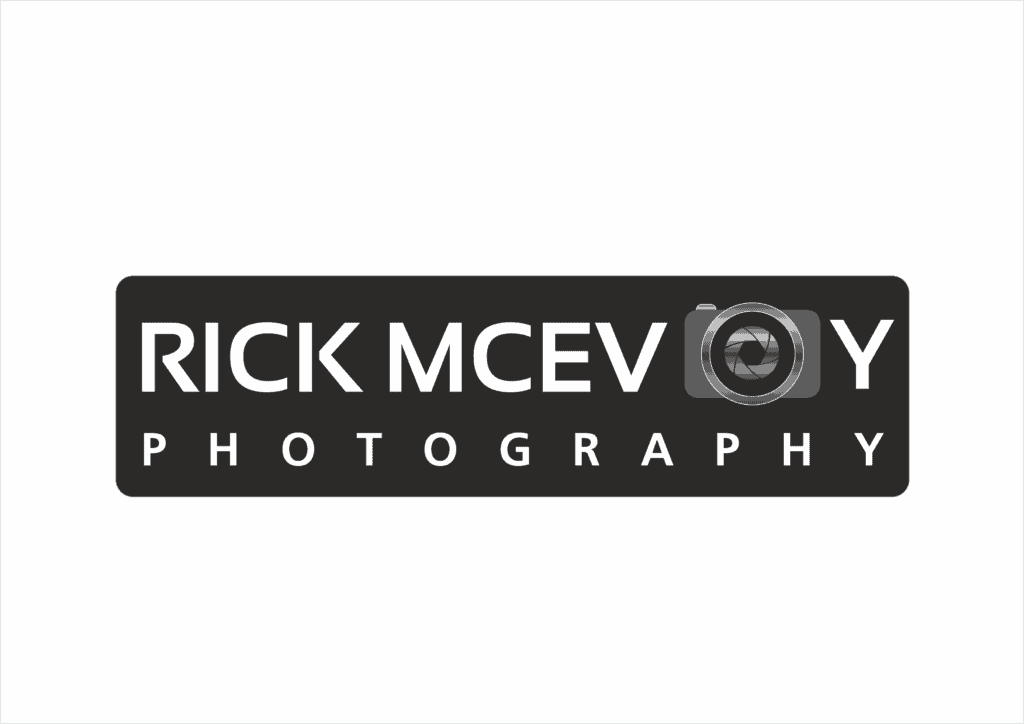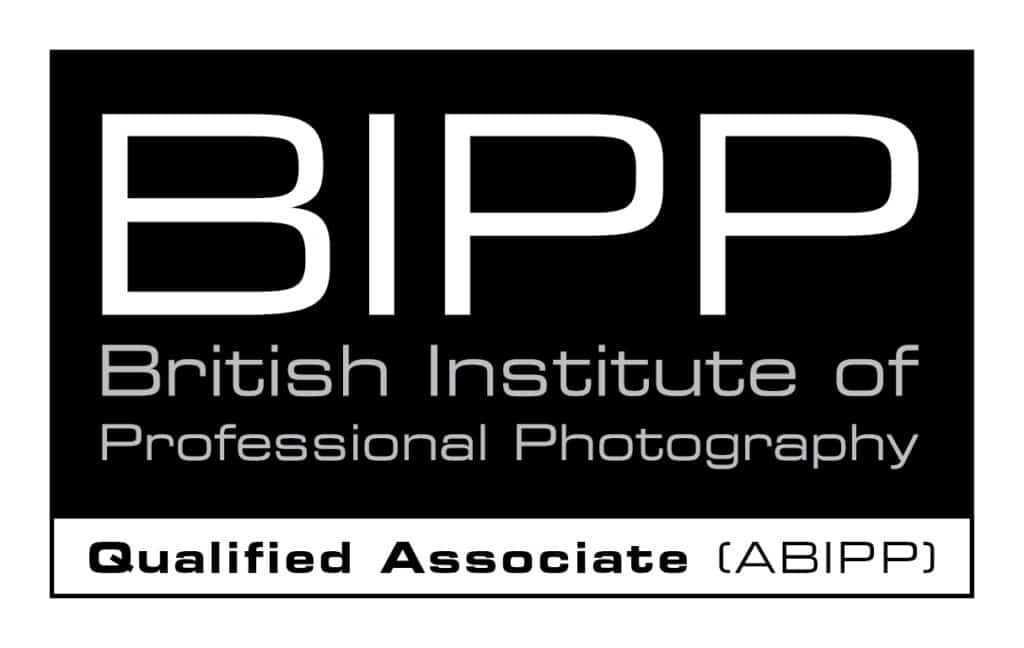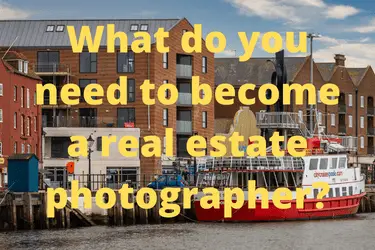I am a real estate photographer and I also provide training to photographers in real estate photography, so I am perfectly placed to answer this question for you and help you. This is what I do.
To become a real estate photographer, you need the following skills, attributes, equipment and techniques.
- A professional, customer-based approach
- Great, high quality image capture capability
- Efficient, professional, business workflows
- Efficient, professional, photography workflows
- The right photography gear
- Spare gear
- A good working knowledge of real estate
- A good, working knowledge of the real estate market in your area
- Great marketing skills
- A website that shouts – I’m the real estate photographer for you
- Secure data management
- Insurance
- A professional approach and attitude to everything that you do
- Know what clients want – this is very important
- A strong, positive work ethic
Ok – those are the headline things that you need to be a real estate photographer. I will now go into more detail about each of these, and by the end of this post you will know what you need to be a real estate photographer.
At the end of this post, I will give you links to other posts that I have written about being a real estate photographer, and I will tell you about my course, How To Become A Real Estate Photographer. Yes I have created a course on this stuff.
My own thoughts
Everything you read here is from my own personal experiences as a working real estate photographer.
1 A professional, customer-based approach
I start here for a reason. Anyone can, in theory, take real estate photos. You need a camera and the skills and knowledge. But to be a successful real estate photographer you need to not only produce the goods photographically, but also provide a great service.
Real estate photography is a person-to-person business.
I try to give the best possible, personal service to every client from the initial enquiry to delivering the photos.
The fact that you can produce great real estate photos is a given.
2 Great, high quality image capture capability
You must, as a matter of course, produce well composed, technically correct images time after time. This is an absolute requirement.
And to do this you have to know what you are doing and be able to repeat these skills for every photo on every shoot.
Therefore, it is important that you work out how to take high quality images, and this comes from practise. You can’t just do this; you need to work at it.
You need to know what camera settings work to get great images quickly and effectively.
I use the same settings on pretty much every shoot that I do. I don’t change them as I know that these work for me, and I can concentrate on the composition rather than fiddling around with my camera.
And the photos must be a natural, accurate, realistic representation of the premises.
3 Efficient, professional business workflows
I am talking here about workflows for
Dealing with enquiries
You need to manage enquiries, and always answer the phone and emails in a prompt, professional, efficient manner.
You need to keep a track on all enquiries, and make sure that you respond and follow up people when you need to.
You must be always on your enquiries like a pro.
Providing quotes
Every job needs a formal quote, and these need managing in a systematic way. You must be able to find any quote quickly, in case a client asks a question, and for your own reference.
And you need to know where each quote is up to, and of course when you have shoots booked in, and when you have committed to issuing images to clients.
4 Efficient, professional, photography workflows
This is a biggy. You must have these things down.
Image capture
You need to have a well-practised process for image capture. I say workflow, process, call it what you want. But you need to have your camera settings all sorted before every shoot, and you need to know how you are going to take the photos.
I am talking camera settings and how you compose and take the photos.
I have got this down to the point where the only things that I need to think about when I am doing a real estate photography shoot are the composition and where I focus – everything else is sorted.
This makes doing a real estate shoot a breeze, because I have got all the camera stuff sorted.
Processing
I do all my processing in Lightroom. I have a very efficient workflow that allows me to quickly process images to a high standard. I use all the automation that Lightroom has to offer.
I only use Photoshop to remove stuff from photos. That is all.
I only do the processing that I need to, which is to enhance what I have captured and no more.
Time is money so you must be efficient with your image processing.
Image issue
I issue my images to clients electronically these days, in JPEG format. And I use the same platform to do this every time which works for me quickly, efficiently, and reliably.
Again, you need to know how you are going to issue images to clients and have a bomb-proof system for doing this.
Invoicing
Obviously this is important, as you are working for money, and if you do not submit an invoice you don’t get paid.
So have a system for keeping on top of invoices and payments. Sometimes clients need a gentle chase to pay their invoices, and you need to know if you need to do this and be prepared to do this – you need to get paid for the work that you do!
5 The right photography gear
You need the right photography gear to take great real estate images. And the hard part of this is knowing what you need, and more importantly what you don’t need.
I used to take every bit of gear that I owned on every shoot. And I mean everything. And I felt guilty if I did not use everything. I felt that I was not giving my clients full value of I did not use a full array of gear.
What do I do these days?
I do this.
I pack a small backpack with the following
- Canon 6D
- Canon 17-40mm lens
- Loupe viewer
- Tripod
- Grey card
- Memory cards
- Batteries
- Cleaning stuff
And that is pretty much it
This is what I take on a shoot, and 99 times out of 100 this is all I use.
Keep it simple.
6 Spare gear
I have a bag that stays in my car with a spare camera, lens and other stuff that I might use. I rarely use this spare gear, but it is there just in case.
7 A good working knowledge of real estate
You need to know what you are photographing. You need to know what photos clients need. You need to know what real estate is. I have a lifetime of experience working in construction, so I am in a very fortunate informed position.
If you know nothing about real estate not a problem, just do some research ok?
8 A good, working knowledge of the real estate market in your area
You need to know what is going on in the real estate market in the areas that you want to work in. Get yourself known in your local real estate market.
The good news is that this is easy to do as all the information is there for you online – just check out real estate agents’ websites and you are up and running.
Spend the time and it will pay you back trust me.
9 Great marketing skills
You need to sell yourself. You need the confidence to be able to put yourself out there and ask for work.
Phone agents, ask to speak to the person who deals with photographers. Speak to them, ask them how you can help them. Ask if it is ok for you to send them your portfolio so they know that you can get them the photos that they need.
10 A website that shouts – I’m the real estate photographer for you
I have spent a long time working on my website. You are on it now. It tells anyone who visits it what I do. I present a clear message of who I am and what I do.
I help clients get the photos that they need, and I help photographers make money from real estate photography.
11 Secure data management
You must have excellent data management. I am talking about the well-structured organisation of images in Lightroom, and a rock solid back up process that means that if your main computer fails you have everything in two other places.
This is what I do.
I have the photos on an external hard drive in my home office, on a hard drive stored off site, and on a cloud back up that is constantly updated.
I know that my data, and that of my clients, is secure and I can survive any bad thing happening and be quickly back in business with no loss of data.
12 Insurance
You need insurance. Public liability and professional indemnity insurance. And insurance for all that lovely photography gear.
13 A professional approach and attitude to everything that you do
If you are taking photos and being paid for it you are a professional photographer, and you need to need to act professionally in everything that you do.
And you need to have a professional attitude, which is different from when you are taking photos for pleasure.
Time is money, deadlines are deadlines, and quotes for works are commitments that must be professionally fulfilled.
14 Know what clients want
What do real estate clients want?
They want to pay a fair price for a set of images that they can use to market a property. And they want this with the minimum of hassle.
Your job, and mine come to that, is to make it as easy as we can for clients to get the photos that they need.
That is your job as a real estate photographer. That is my job as a real estate photographer.
And one more thing.
- Clients are not after master pieces.
- Clients are not looking for works of art.
- Clients are not after award winning photos.
- Clients want photos that show a property to its best, technically correct and accurate. And no more.
15 A strong, positive work ethic
Real estate photographers are self-employed. It is down to us to make things happen. No one else is going to find the work for me, or for you. No one else is going to grow my business or yours.
You must work hard and work smart.
You must have a strong work ethic, make things happen, work to make the future that you want for yourself.
And be positive. You are in this for the long haul, so remember that. This is not a get rich quick scheme – this is a long-term project, being a successful real estate photographer.
Related reading
I have published several blog posts on real estate photography, which you can find links to on this page called, Real Estate Photography. See this stuff all makes sense!
Related viewing
And you can also watch a video that I have published on my You Tube Channel.
How To Become A Real Estate Photographer – My course
Once you have read all the free stuff, if you want to know more and want to go all in then buy my course, How To Become A Real Estate Photographer. Before you do that though please check out this video, “Don’t Buy My How To Become A Real Estate Photographer Course – Watch This First” which tells you all you need to know before spending any money.
This is the brutally honest sales pitch. And I am brutally honest. You deserve that.
About me
I am a working real estate photographer based in the UK. I am also the creator of the Photography Explained Podcast. I write about real estate photography on my blog.
So, I know about this stuff and know about teaching this stuff in plain English, telling you what you need to know and no more.
Please, any questions get in touch via my website. Cheers from me Rick



